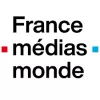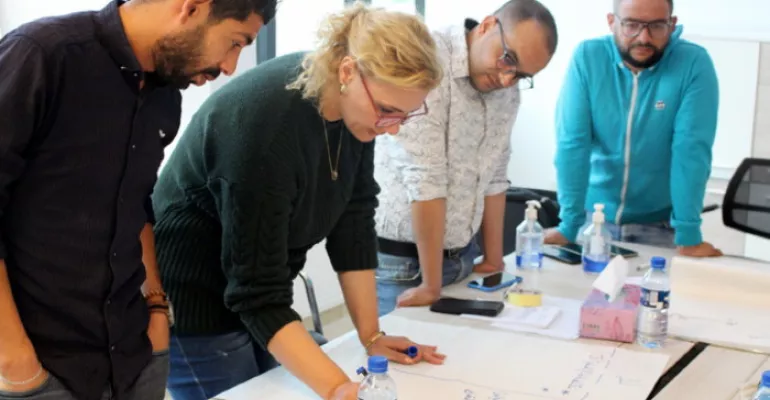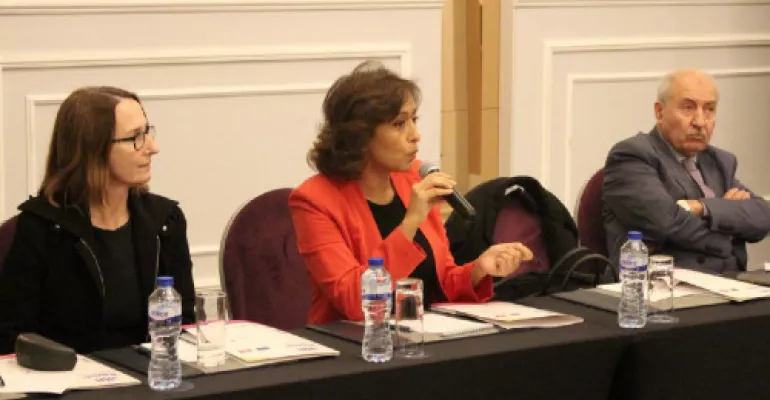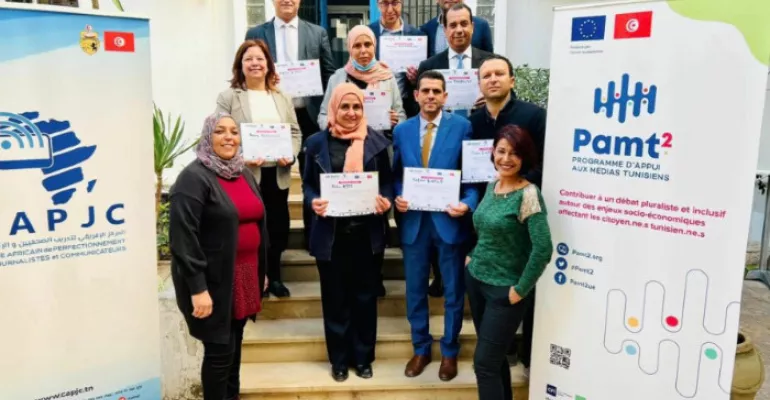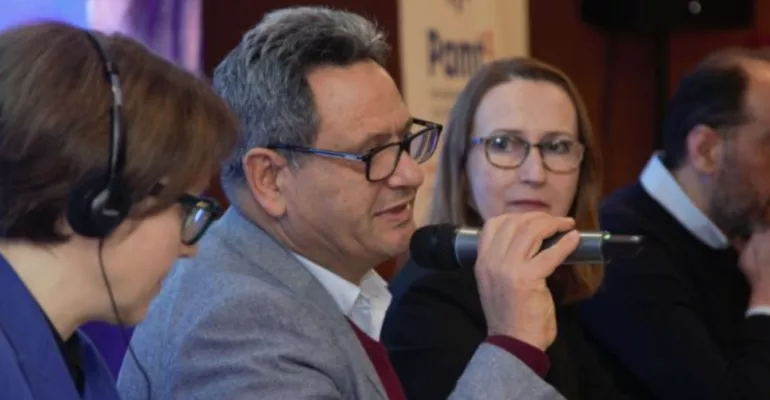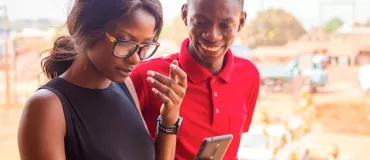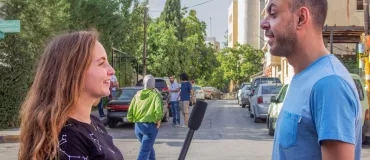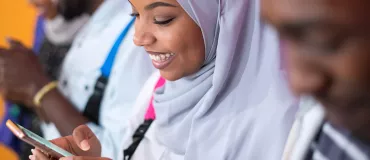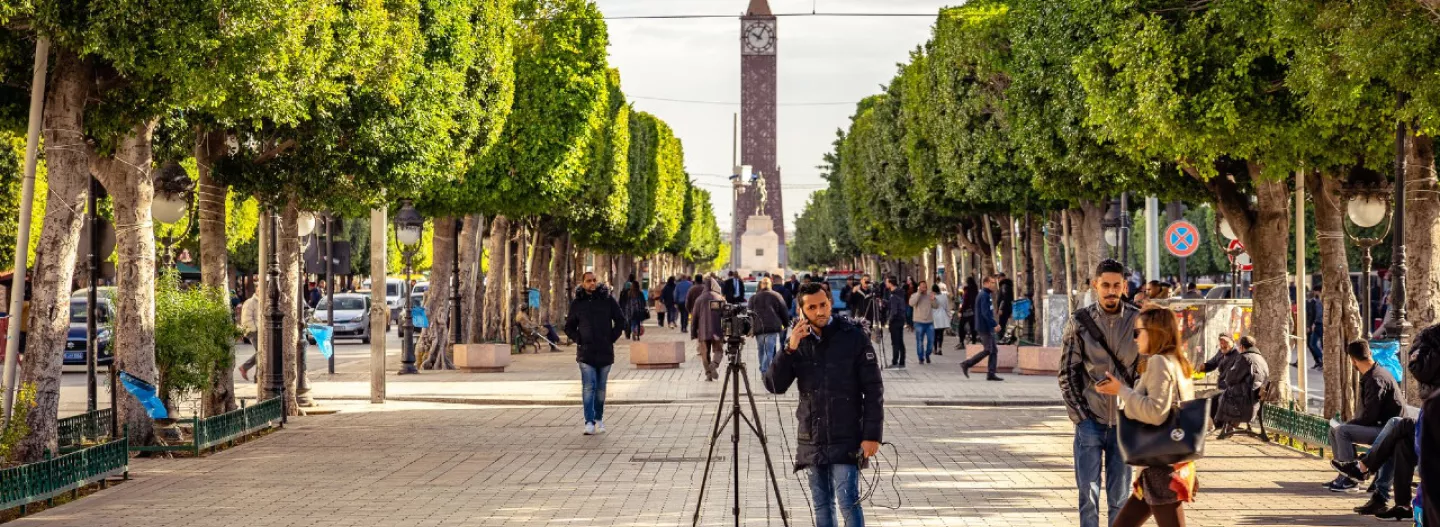
Presentation
PAMT2 (Programme d’appui aux médias en Tunisie - the Tunisian Media Support Programme) is conducted in partnership with ANSA, Article 19, Deutsche Welle Akademie (DWA), France Médias Monde (FMM), INA and Thomson Media.
This new project, led by CFI, follows on from the MEDIA UP 1 project which was launched by the Delegation of the European Union to Tunisia in 2017 and ran until 2020.
While the aim of MEDIA UP 1 was to support the reform of the media sector in an inclusive way (modernising the sector, increasing professionalism among stakeholders involved, decentralising access to information and developing regional media outlets), numerous challenges remain. The former government media outlets, which became independent during the transition and which are evolving into public service media outlets, have a crucial role to play in consolidating the democratic system in the country.
Over the next five years (2021–2026), the challenge for PAMT2 is to capitalise on the achievements of the media outlets trained during MEDIA UP 1 in order to support the political and socio-economic changes that lie ahead, especially in the uncertain context linked to the health crisis and its repercussions, for the benefit of the Tunisian population and freedom of expression.
Project beneficiaries
> Media managers
> Public and private media journalists
> Media support organisations
> Public and institutional authorities
> Government communicators
> Government speakers
Files to download
Actions
Economic regulation and transparency, professional
Ce volet poursuit les efforts engagés depuis le MEDIA UP 1 pour développer le cadre législatif pour les This component continues with the efforts undertaken since MEDIA UP 1 to develop the legislative framework for the media in Tunisia.
The objective is to contribute to the legal reforms that have not yet been completed, which will guarantee the trust of the Tunisian public and sufficient independence for the media.
The European Union renews its support for Tunisian media with the launch of the PAMT2 programme
Consultation on the sustainability of the media in Tunisia
Public service media
This is a question of strengthening the legal framework and the governance and management conditions, and of ensuring the development of public service media, so as to create synergies and bring about an improvement in the quality of the media content distributed.
In collaboration with the public media partners, this requires us to assess the management and governance systems, suggest recommendations for modifications that would promote change, and finally, help to simplify hierarchies, clarify roles and responsibilities and improve communication channels.
Mobile journalism for public communicators
Management of private and associative media
This component seeks to strengthen the skills and the management and coordination framework of private and associative media, so that those media outlets can operate as viable, sustainable and efficient businesses.
It is primarily a question of better planning the editorial production flows so as to reduce operating costs and of diversifying sources of income in order to increase available resources.
Reflection session on the strategy of the Union Tunisienne des Médias Associatifs
Suitable and innovative content
Public and private media will be supported in developing new formats that reflect the needs and interests of the local people, with a particular focus on coverage of economic and social issues, as well as information verification and journalistic investigation.
The project will work, primarily via the IdeaLabs, to ensure that the media outlets address their audiences with suitable, reliable content that stimulates citizen debate by developing innovative formats, specific content and investigations and strengthening fact-checking.
Meeting between the HAICA and stakeholders in establishing a support fund for audiovisual creation in Tunisia
Tunisia Podcasts Festival 2023: a celebration of diversity and creativity
PAMT2 supports the media's transition to a circular economy in the Maghreb
Public communication and access to information
The crisis linked to the COVID-19 pandemic has created a feeling of urgency among the stakeholders of public communication, and this short-term opportunity will be exploited to develop, as part of a general strategic approach, communication at times of crisis and efforts to combat misleading stories and disinformation.
This component also works to facilitate access for journalists to public information by establishing gateways between the media and government communication platforms.
Media and Information Education (MIE)
Here, our aim is to help instil confidence in Tunisia’s citizens in the media and to improve public understanding of the factors that can influence editorial policy.
Therefore, in addition to access to quality journalistic content, the public should also be able to access information about the role, functioning and impact of the media, including online via social networks.



